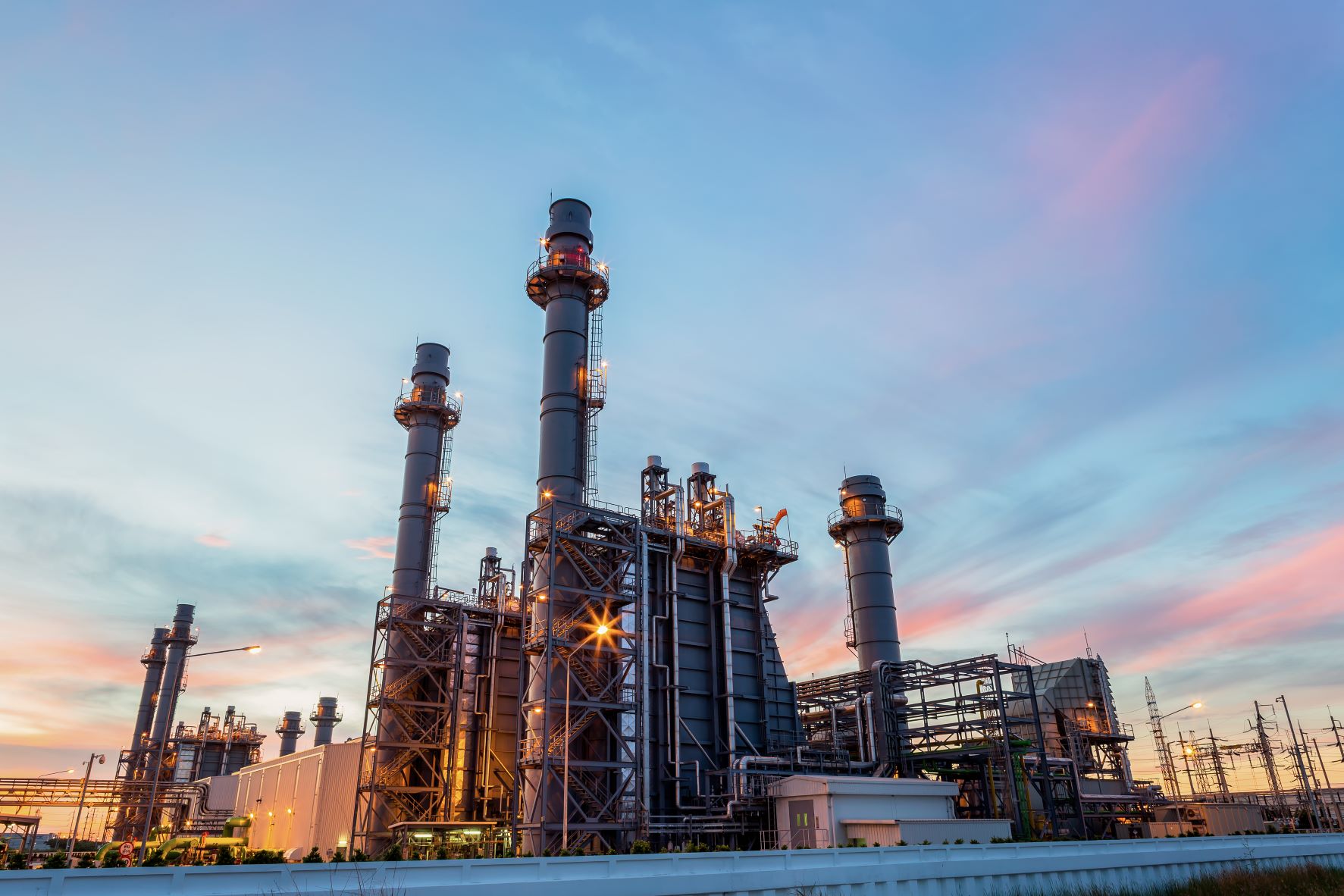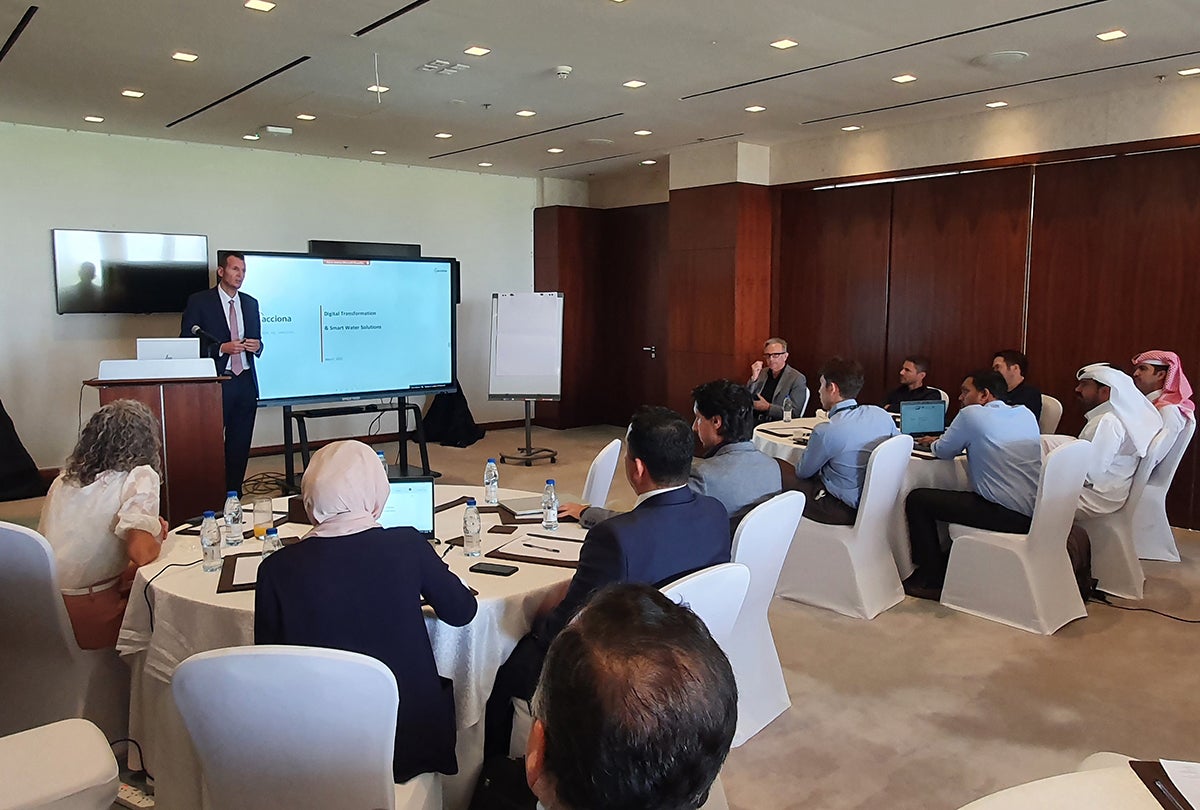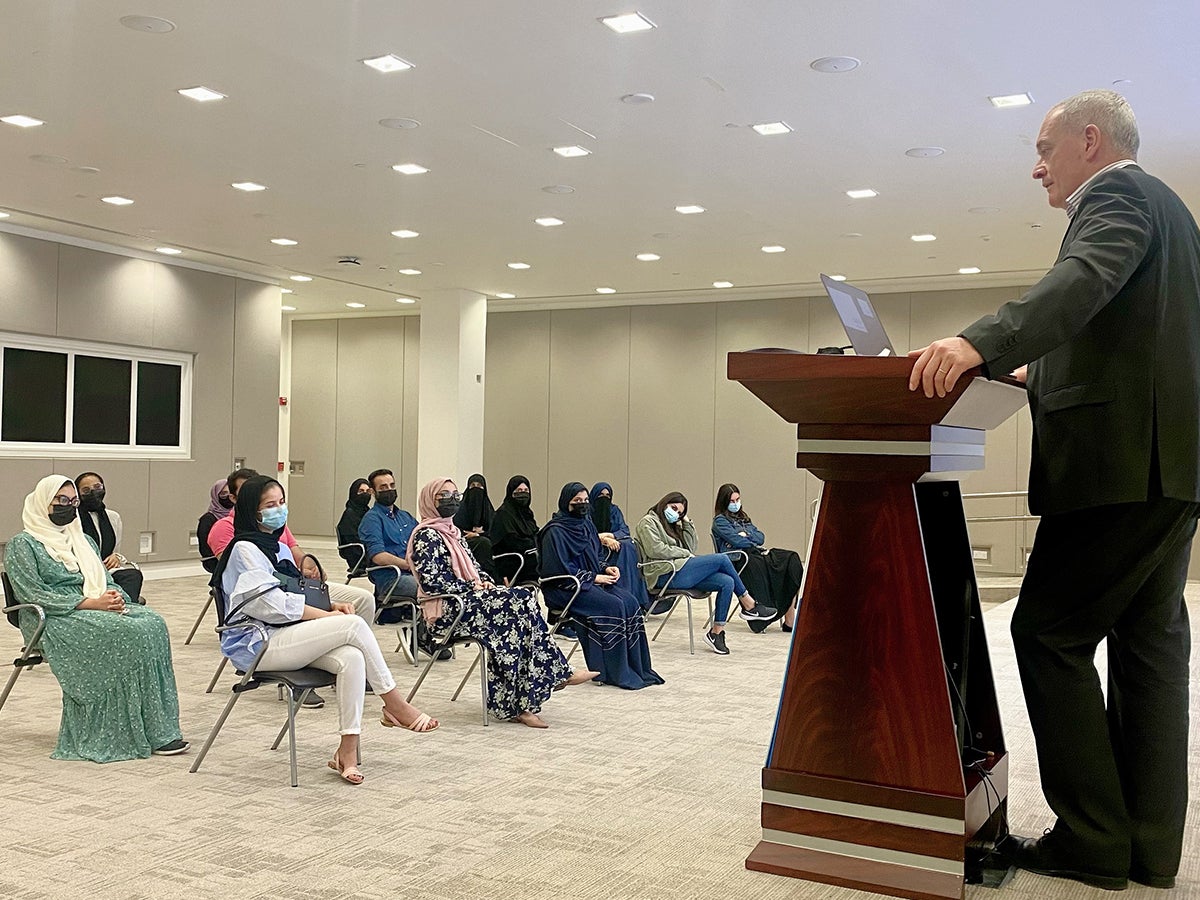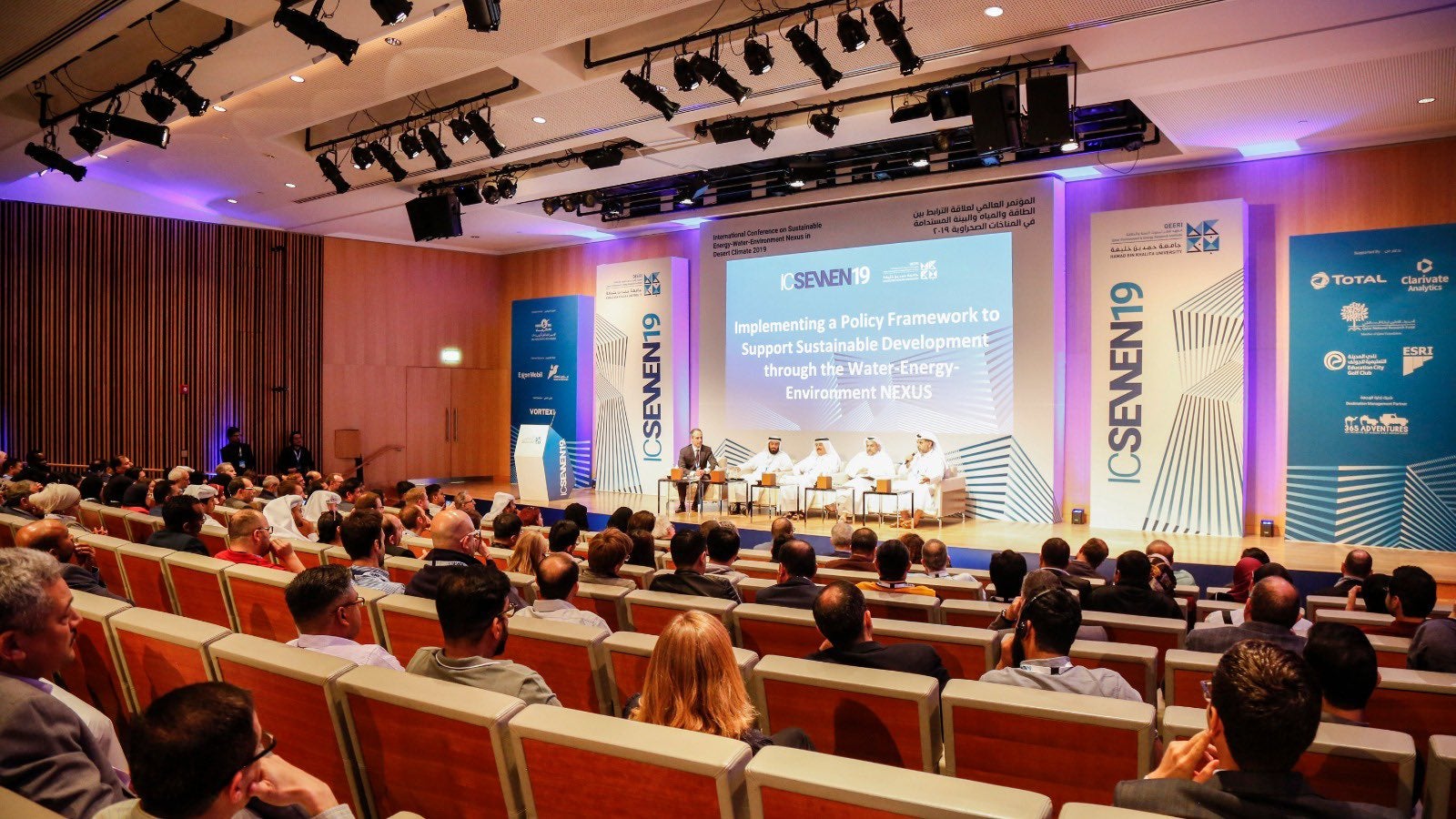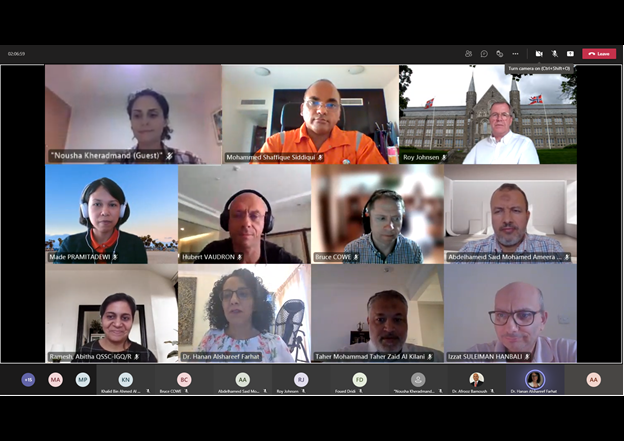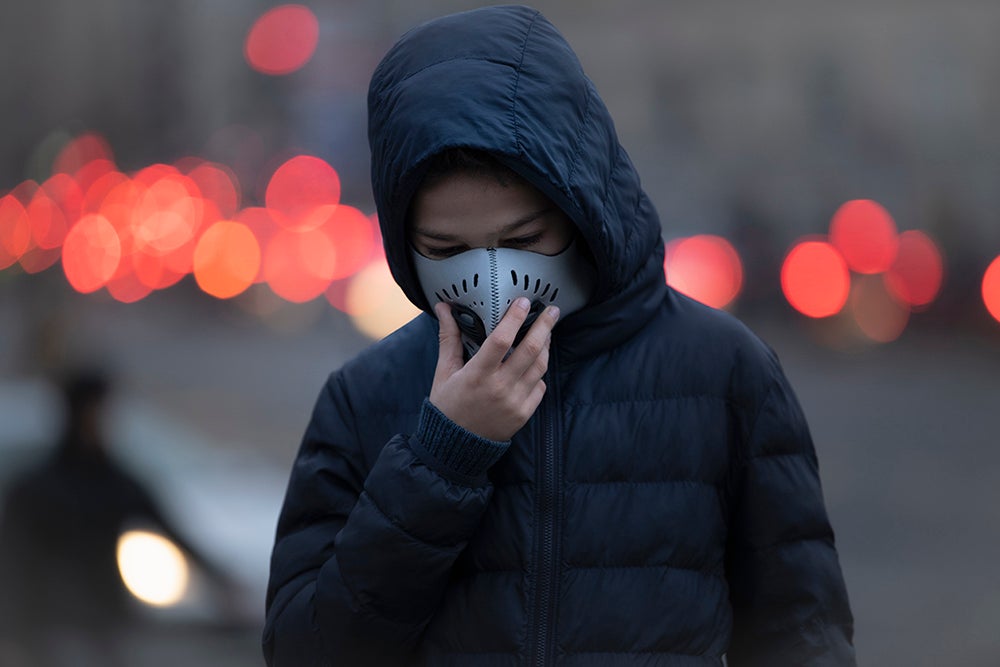
Approximately 1.5 million fans from around the world are expected to make their way to Qatar for the FIFA World Cup 2022™, when the global tournament comes to the Arab world and the Middle East for the first time. At the heart of delivering a safe, healthy and engaging fan experience is ensuring that there are mechanisms in place to monitor air quality in the build up to and during Qatar 2022.
To better understand the baseline air quality near the FIFA World Cup 2022™ stadiums, the Supreme Committee for Delivery and Legacy (SC) has launched a pilot project with Hamad Bin Khalifa University’s (HBKU) Qatar Environment and Energy Research Institute (QEERI) to collaborate and exchange knowledge about how to better monitor air quality in relation to Qatar 2022 activities. This includes the installation of an initial QEERI Air Quality Monitoring Station (AQMS) at Al Thumama Stadium.
This station will continuously measure air quality, including gases such as ozone, nitrogen oxides, methane, as well as particulate matter and meteorological parameters including temperature, wind speed and direction in high-time resolution.
Installing AQMS stations also forges collaborative bonds between researchers and national stakeholders by collecting reliable data that will help quantify the impact of air quality on environment, energy and health systems in the country. This will create a national legacy built around data and form a repository of knowledge about local air quality.
“Stadiums are the heart of any football tournament. They are where the most cherished of memories are created, and to honor this humanistic component of them, we have built all of our stadiums with long-term sustainability and environmental management as core concepts, including dust management principles to ensure better air quality,” said SC Sustainability & Environment Senior Manager, Eng. Bodour Al Meer.
“To ensure tangible and credible sustainability outcomes, our collaboration with QEERI on will provide us with the necessary data to make sure that we are making the best decisions possible to improve the air quality in and around stadiums,” added Al Meer.
Also commenting on the collaboration is, Mohammed Ayoub, QEERI’s Senior Research Director of the Environment and Sustainability Center, said: “Good air quality is critical to a community’s health and productivity. Our partnership with the SC focuses on understanding the quality of the air in and around FIFA World Cup 2022™ venues, assessing its potential impact on participants and developing a range of solutions to manage air quality throughout the tournament.”
“Building a knowledge base and improving national capacities to enhance environmental sustainability in Qatar is a cornerstone of QEERI’s mandate. This collaboration will serve to improve air quality management in our country for years to come,” Ayoub added.
For its part, QEERI aims to be a leader in Qatar in the fields of environment and energy, and to become a science and technology reference in these fields at a national, regional and international level. The vision of QEERI is to be at the forefront of science and technology efforts within these areas.
Related News
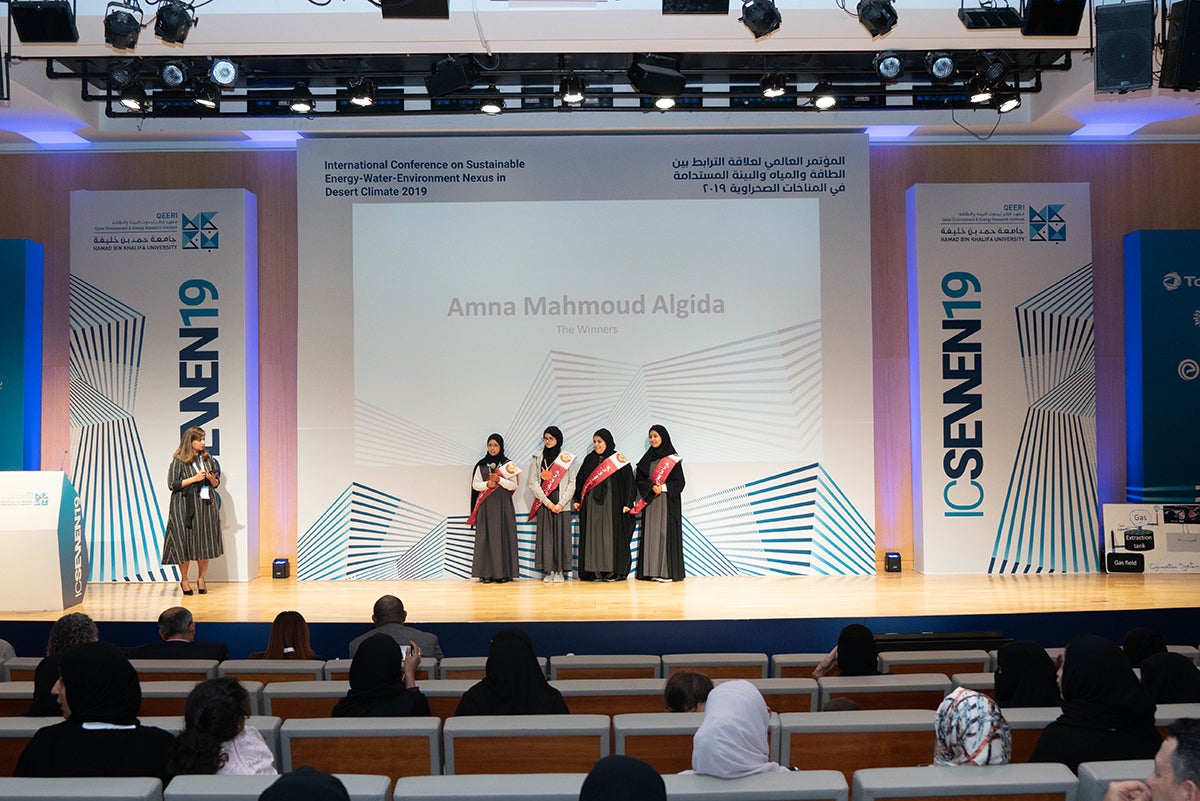
Third Edition of QEERI’s Young Innovator Awards Invites Youth to Create New Solutions and Enhance Sustainability for Arid Environments





